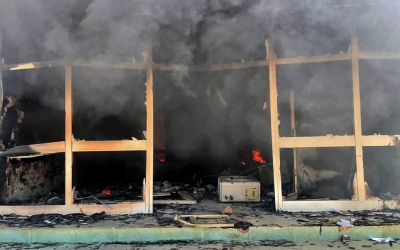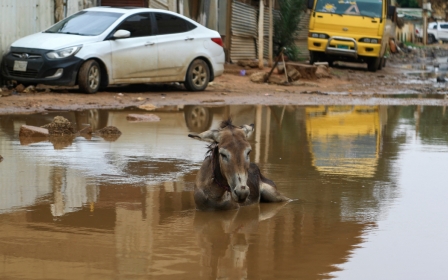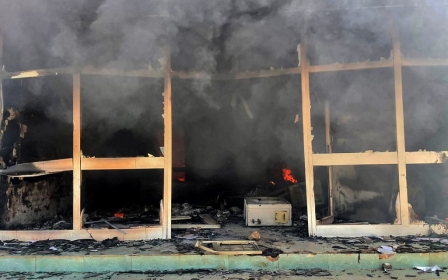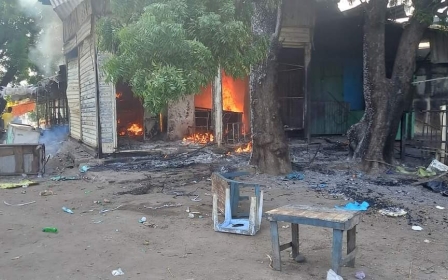Sudan: Tribal clashes in southern Blue Nile state leave seven dead
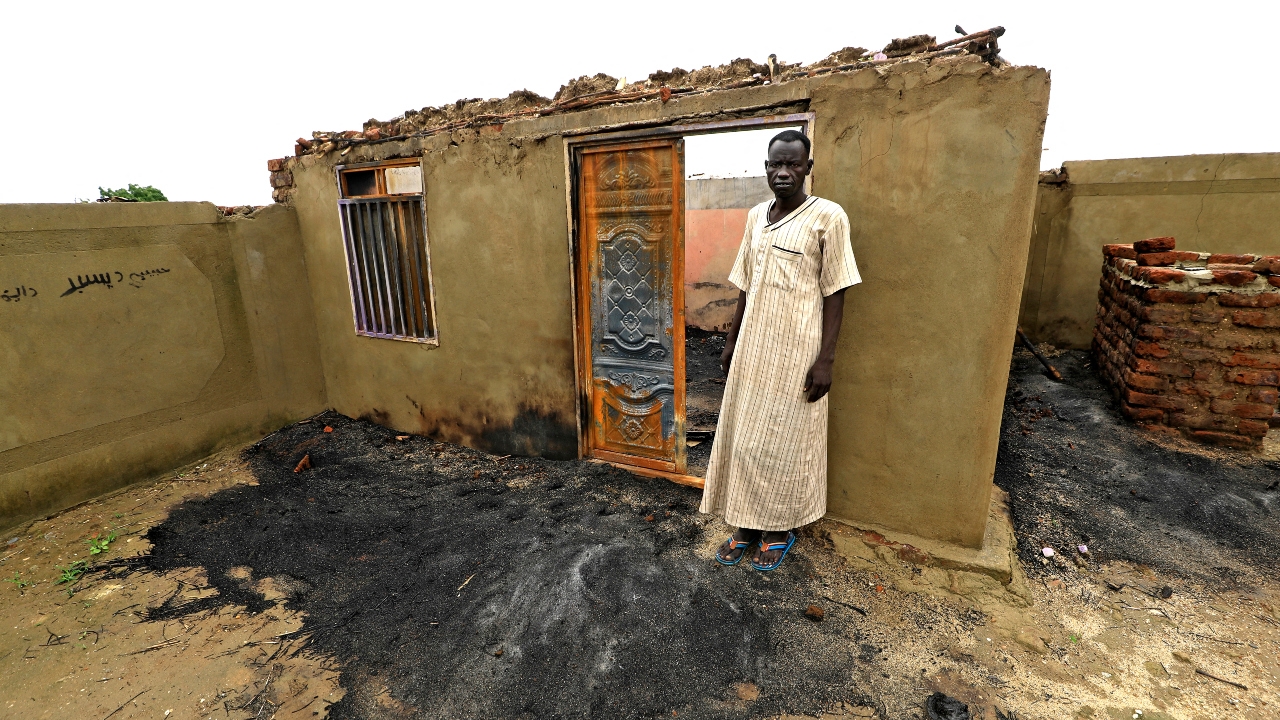
Renewed tribal clashes in Sudan's southern Blue Nile state have killed seven people, state media reported on Friday, despite a ceasefire agreement between rival groups following deadly violence last month.
"The regrettable tribal clashes renewed on Thursday afternoon... without any clear reasons and despite sincere efforts by the government to stop hostilities," the official Suna news agency reported, quoting a statement by security services in Blue Nile state.
The clashes left seven dead and 23 others wounded, it said, adding that the violence was centred in East Ganis village and in and around the town of Roseires, located some 450km south of the capital Khartoum.
Witnesses told AFP they had heard shooting and that houses had been burnt.
"The situation is very bad now - fires and gunfire everywhere," said Hussein Moussa, a resident of a village east of Roseires.
New MEE newsletter: Jerusalem Dispatch
Sign up to get the latest insights and analysis on Israel-Palestine, alongside Turkey Unpacked and other MEE newsletters
Fighting in the region last month pitted Hausa tribes against rival communities, including the Berta people, leaving at least 105 people killed and dozens wounded.
The clashes at the time erupted after Hausa tribes requested the creation of a "civil authority", which rival groups saw as a means to gain access to land.
The violence displaced around 31,000 people, many of whom sought refuge in schools turned into displacement camps.
The clashes also triggered angry protests across Sudan, with people from Hausa tribes demanding justice for those killed.
Other protests called for "unity" and an "end to tribalism" in the impoverished northeast African nation.
In late July, senior leaders from rival groups agreed to cease hostilities.
Elites blamed
The widespread violence is unusual in Blue Nile, which is considered relatively calm compared to other parts of Sudan, particularly since the 2019 overthrow of former President Omar al-Bashir, who ruled for three decades.
Last month, a Sudanese political analyst, who preferred not to be named for security reasons, told Middle East Eye the current fighting could be attributed to many political and social causes, adding that hate speech is being widely used to whip up conflict.
"The Juba peace agreement (signed in 2020), which doesn't address the root causes in the state and in the war zones in Sudan in general, is one of the main reasons, but the associates of the old regime are also fuelling this conflict, as they appear to be in other areas," the analyst said.
"Unless the different sides - especially the military regime - stop using native and tribal leaders for their political campaigns in order to confront the pro-democracy protesters, those tribal leaders will continue their competition and the clashes will spread from one place to another.
"This is actually a new kind of xenophobic clash - to see it between African tribes in the region... Tribal leaders are using traditional land ownership disputes to put people on their side.
"The elites - including politicians and tribal leaders - are behind this violence. Without comprehensive political change in Sudan these meaningless mass deaths won't stop."
Burhan pledge
The latest violence comes as Sudan faces deepening political unrest and a spiralling economic crisis since last year's military coup led by army chief Abdel Fattah al-Burhan.
The military power grab in October upended a transition to civilian rule launched after Bashir's overthrow.
The country has since witnessed near-weekly protests and a violent crackdown that has so far killed more than 100 people.
In July, Burhan pledged in a televised address to step aside and make way for Sudanese factions to agree on a civilian government.
However, the promise was met with skepticism by the country's opposition movements.
Middle East Eye delivers independent and unrivalled coverage and analysis of the Middle East, North Africa and beyond. To learn more about republishing this content and the associated fees, please fill out this form. More about MEE can be found here.


